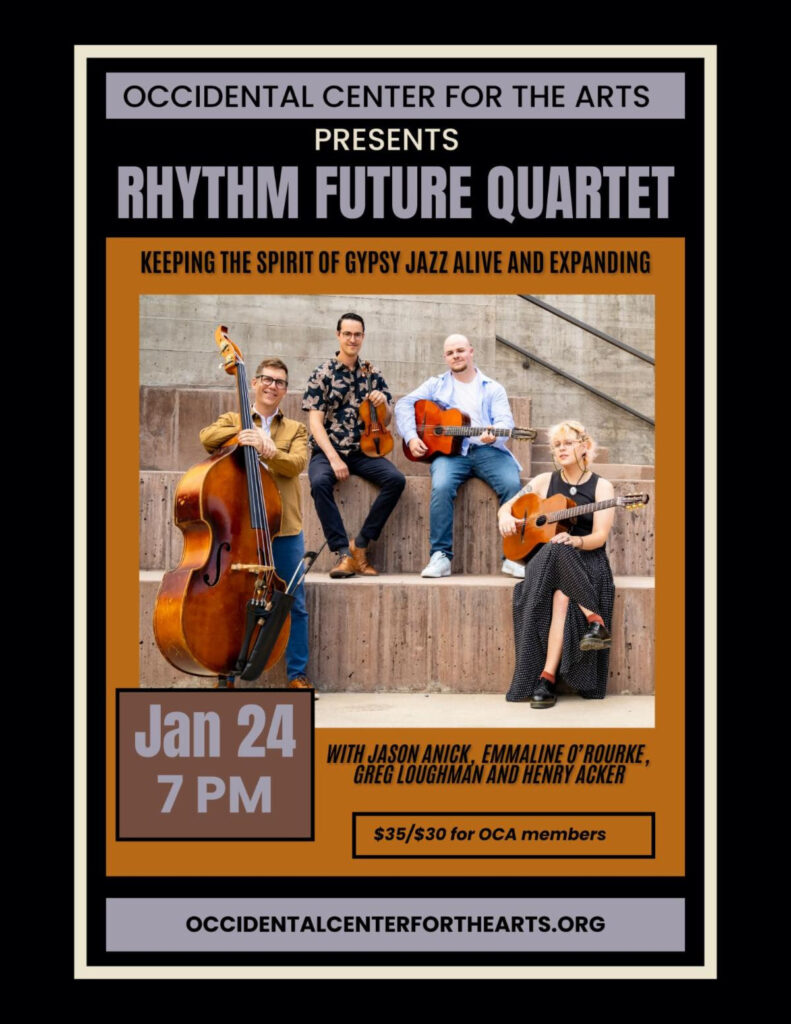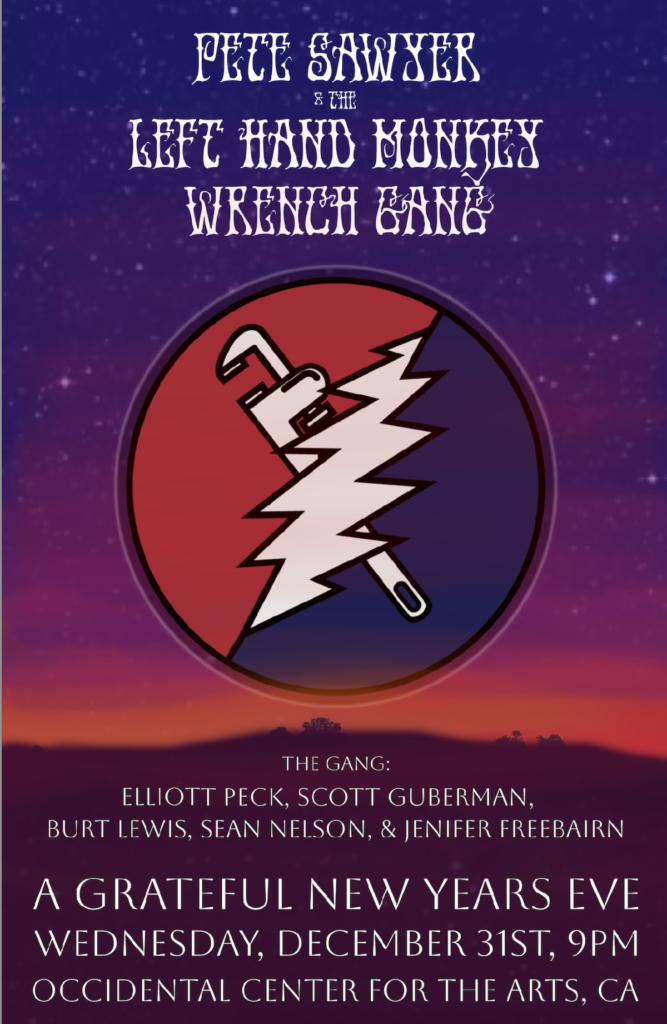Arts & Entertainment
Bad Bunny Accepts Grammy By Declaring “ICE Out”
CNN reports:
One week before he’s set to headline the Super Bowl LX halftime show and on a night when he made Grammys history, Bad Bunny used his time on stage to deliver a pointed political message that protested the recent actions of Immigration and Customs Enforcement.
Accepting the award for best música urbana album, Bad Bunny began his speech saying, “Before I say thanks to God, I’m gonna say: ICE out!” The crowd inside the show, which took place in Los Angeles, overwhelmingly responded with cheers, according to what was heard on the telecast.
“We’re not savage, we’re not animals, we’re not aliens,” he said. “We are humans and we are Americans. The only thing that is more powerful than hate is love,” he said. “So, please, we need to be different. If we fight, we have to do it with love.”
Transcendence Kids Camp 2026 Is Now Open
| Registration is officially open for Transcendence Kids Camp 2026, and we can’t wait to welcome young performers back for another unforgettable summer. Led by Broadway artists, Kids Camp offers a joyful, non-competitive musical theatre experience where campers explore singing, dancing, and acting while building confidence, creativity, and a lifelong love of the arts. |
| Choose the Session That’s Right for Your Young ArtistAges 8–12 | Kids Camp Jr. (July 6–10)An immersive week of workshops in singing, dancing, and acting, culminating in a special performance onstage at the Field of Dreams with the cast of Radio Recall. Ages 13–17 | Teen Camp — Session 1 (July 6–10)A week of professional-level training alongside Broadway performers, ending with a performance onstage at the Field of Dreams with the cast of Radio Recall. Ages 13–17 | Teen Camp — Session 2 (July 13–17)A week of advanced acting, singing, and dance workshops, culminating in a comprehensive showcase performance. Teen campers may participate in Session 1, Session 2, or both. Spots are limited and expected to fill quickly. Early registration is strongly encouraged. |
The New Opera “The Amazing Adventures of Cavalier and Clay” Will Be shown at Rialto Cinemas January 24 and 28
THE AMAZING ADVENTURES OF KAVALIER & CLAY
Saturday, January 24 10:00am
Wednesday, January 28 1 & 6:30pm
Season Subscriptions On Sale Now!
Added due to popular demand, the Met-premiere production of Mason Bates’s The Amazing Adventures of Kavalier & Clay arrives in cinemas, recorded live earlier this season. The exhilarating operatic adaptation of Michael Chabon’s Pulitzer Prize–winning novel follows two Jewish cousins who create a comic-book superhero, hoping to recruit America into the fight against Nazism. Music Director Yannick Nézet-Séguin conducts the dynamic new production by Tony Award–winning director Bartlett Sher.
= FILM FACTS =
Running Time 187 min
Genre Opera
Starring
Lauren Snouffer
Sun-Ly Pierce
Miles Mykkanen
Andrzej Filończyk
Edward Nelson
Directed by
Mason Bates
Conducted by
Yannick Nézet-Séguin
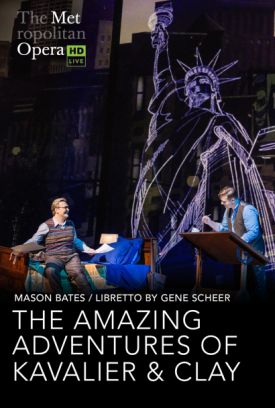
SCCC Presents: New Year’s in Space w/The Space Orchestra plus Strange Daze and Sebastian Saint James Band
Presented by Sebastopol Community Cultural Center with Peacetown’s Jim Corbett!
Wednesday, December 31
Doors 7:30pm
Music begins 7:40pm
Ages 21+
Ring in the new year IN SPACE! Kick off 2026 with a night of music and fun! Local favorite Sebastian Saint Jameswill be hitting the stage as doors open, followed by Strange Daze with the music of The Doors! That’s not all!! THE SPACE ORCHESTRA will blast us from 2025 to 2026 with the music of Joe Cocker – pausing briefly for the countdown and a complimentary midnight champagne toast before continuing the party in 2026!
Between sets, check out the Fire Circle and Folk Jamoutside on the Annex lawn and enjoy the NYE night sky!
The bar will have beer, wine, champagne, and specialty drinks available for purchase! We’ll also have PATTY’S MEXICAN FOOD truck onsite to help keep you fueled for the night!
Whether you’re with us until midnight, or just a bit of celebration before calling it an early night, tell you friends to meet you at the Community Center this New Year’s Eve!
See below for more details and we’ll see you on December 31!!
TICKETS:
🎟️ Premium : $95 (advance) $105 (door)
✨This section features padded seating with small cocktail tables for added comfort.
🎟️ GA: $55 (advance) $65 (door)
🎟️ “Early Bird” GA: $50 Limited quantity available!
** For ADA seating, contact sccc@seb.org or (707) 823-1511 in advance. **
BOTTLE ADD-ON:
🍾 Purchase a bottle of Gloria Ferrer Rosé or J Vineyards California Cuvée Brut Sparkling Wine!
We’ll have a bottle reserved for you to pick up at the bar!
SCHEDULE: (subject to change)
🚪 7:30pm doors
🎶 7:40pm Sebastian Saint James
🎶 8:30pm Strange Daze
🎶 10:30pm The Space Orchestra
🥂 11:59pm Complimentary Midnight Champagne Toast
🎶 The Space Orchestra resumes until 12:30am!
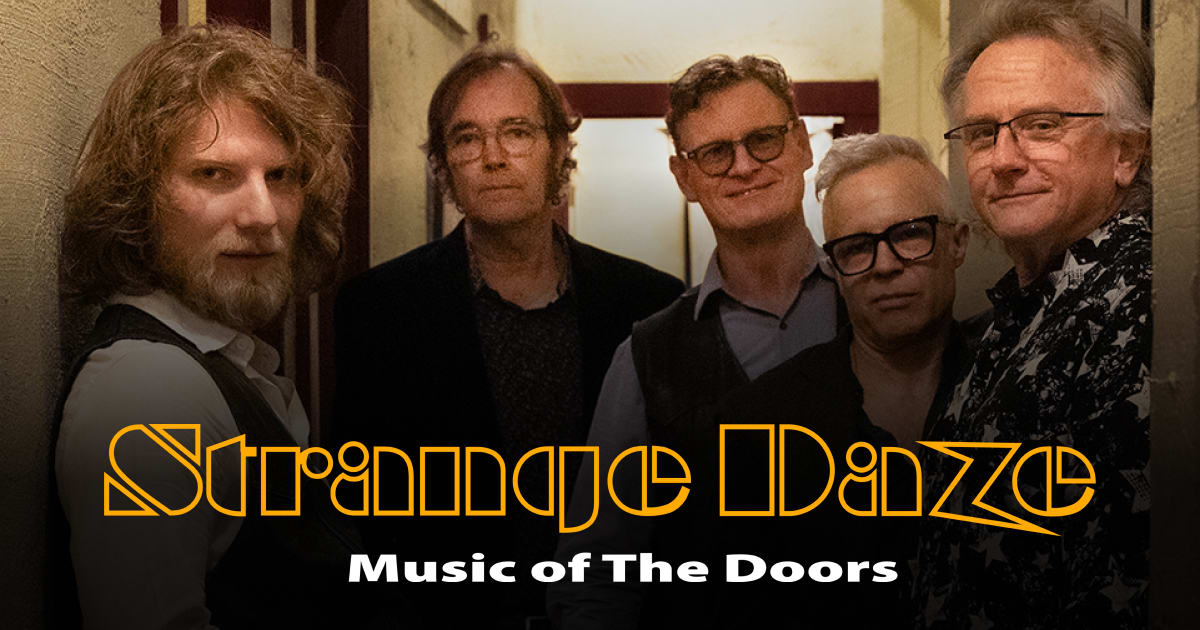
———-
ATTENDING THE SHOW – WHAT TO KNOW:
Parking
Free and easy parking! Two parking lots available (390 Morris St & behind the Annex at 425 Morris St. There is also street parking. WE HIGHLY ENCOURAGE YOU TO CARPOOL!
Can’t Make it?
There are no ticket refunds, however, if you cannot make it to the show you may transfer your ticket(s) to another person. Simply forward the confirmation email to them and let them know the name the tickets are under.
Venue Policies
- No outside food or drink is allowed except for empty, refillable water bottles
- Drinks (beer, wine, non-alcoholic beverages) and snacks (chips, popcorn, candy, etc.) will be available for purchase inside the Main Hall
- This is a drug free zone/venue
- All persons and items entering the Sebastopol Community Cultural Center are subject to search
- Patrons with prohibited bags, cases, or other items will be asked to return the item to their vehicle
- Items prohibited to enter Sebastopol Community Cultural include, but are not limited to: Firearms of any size or type, other weapons and knives of any size or type, pepper spray, mace, or other chemicals, animals other than Registered Service Dogs, alcohol, illegal substances, or drug paraphernalia, professional-grade audio, photo, or video recording equipment, cans, bottles, or outside food and beverages.
— FAQs —
I don’t have the QR code for my tickets, what do I do?
All tickets will be WILL CALL. We can look up your ticket order by the ticket purchaser’s name, email address, or the purchase confirmation number.
Members of my ticket group are arriving separately, do we have to wait to enter together?
You do not need to wait! We’re able to check in each individual ticket within a ticket order. If you’re a group of 3 and your 3rd person is running late – no problem! Just make sure they have the QR code/know the name the tickets were bought under and we will check in the remainder of your group when they arrive.
Do you have ADA seating for individuals with wheelchairs, walkers, etc.?
Yes! For seated events we have several locations marked for ADA seating. If all ADA spots are already occupied when you arrive, please see an usher or other member of staff to assist you.
I can’t make it to the show anymore, do you do refunds?
There are no refunds, however you may transfer your tickets to another individual by forwarding your QR code/confirmation email or letting them know whose name the ticket(s) are under.
NOTE: People often use social media (Facebook, Instagram, NextDoor, etc.) for ticket transfers. Please use caution and, whenever possible, only do ticket transfers with people you know and/or trust.
Trouble with Your Ticket Order?
Reach out to tickets@seb.org with questions. Tuesday-Friday, 10am-4pm.
Please note there are no refunds.
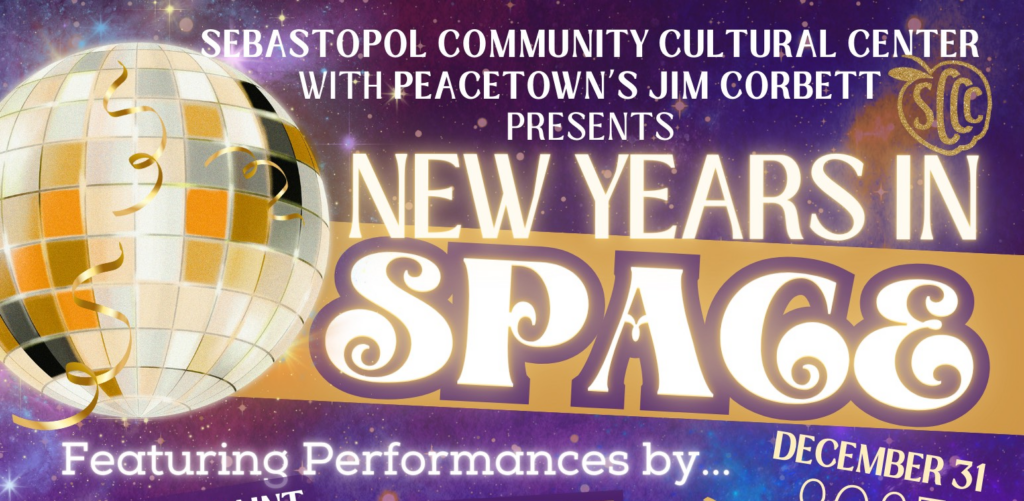
NYE Classical Voices Celebration 2025 Happens at 6th Street Playhouse December 31
How many sopranos does it take to ring in 2026? To find out, we invited some of the most talented women (and a few men) that we know to fill your New Year’s Eve with all the beautiful classical numbers and musical theatre mega-hits you love! From Schumann to Chicago, Mendelssohn to Mame, Candide to Company, our end-of-year concert is the perfect send-off to a year filled with phenomenal theatre.
The first note plays at 7 pm, giving you plenty of time to get to your next party following the finale. Or better yet, stay afterward and enjoy more singing and dancing onstage, including a rip-roaring karaoke bar, until the ball drops and we welcome in 2026!
Featuring: Molly Larsen-Shine, Jill Wagoner, Daniela Innocenti Beem, Hannah Passanisi, Emma Sutherland, Nicole Stanley, Maddi Scarbrough, Megan Bartlett, Andrew Cedeño, Jake Druzgala, Katie Foster, Phoebe Dinga, Cris Anne Walker, Kaela Mariano, Alanna Weatherby, and Caroline Flett.
Hosted by: Drew Bolander & David A. Bradbury.
Run Time: 90 minutes, with one-15 minute intermission.
Transcendence Theatre Co’s “Broadway Holiday” Returns with Performances in Sonoma and Santa Rosa
The beloved holiday tradition is back — with performances at Sonoma Country Day School in Santa Rosa (Dec 13–14) and a highly anticipated return to the Sebastiani Theatre in Sonoma (Dec 18–21), where last year’s run sold out!
Celebrate the season with Broadway stars, festive favorites, and heartwarming moments. Plus, Gold ticket holders at Sonoma Country Day School are invited to an exclusive pre-show reception, while Gold ticket holders at Sebastiani Theatre attendees can enjoy a post-show reception at Three Sticks Winery.
SANTA ROSA – Sonoma Country Day School
- Saturday, December 13 at 2:00 p.m. and 7:00 p.m.
- Sunday, December 14 at 2:00 p.m.
SONOMA – Sebastiani Theater
- Thursday, December 18 at 2:00 p.m. and 7:00 p.m.
- Friday, December 19 at 2:00 p.m. and 7:00 p.m.
- Saturday, December 20 at 2:00 p.m. and 7:00 p.m.
- Sunday, December 21 at 2:00 p.m.
Groups of 10 or more can save! Secure group tickets by filling out our Group Inquiries Form, or call the box office at 877-424-1414 ext. 2.
“The Librarians” Will Be Screened at Rialto Cinemas Tuesday, December 9
Librarians emerge as first responders in the fight for democracy and our First Amendment Rights. As they well know, controlling the flow of ideas means control over communities.
In Texas, the Krause List targets 850 books focused on race and LGBTQia+ stories – triggering sweeping book bans across the U.S. at an unprecedented rate. As tensions escalate, librarians connect the dots from heated school and library board meetings nationwide to lay bare the underpinnings of extremism fueling the censorship efforts. Despite facing harassment, threats, and laws aimed at criminalizing their work – the librarians’ rallying cry for freedom to read is a chilling cautionary tale.
60% of the banned books have LGBTQI themes.
Q&A to follow with director Kim Snyder!

A Powerful Documentary About American Book Bans and the Heroes Who Battle Them.The Hollywood Reporter |

